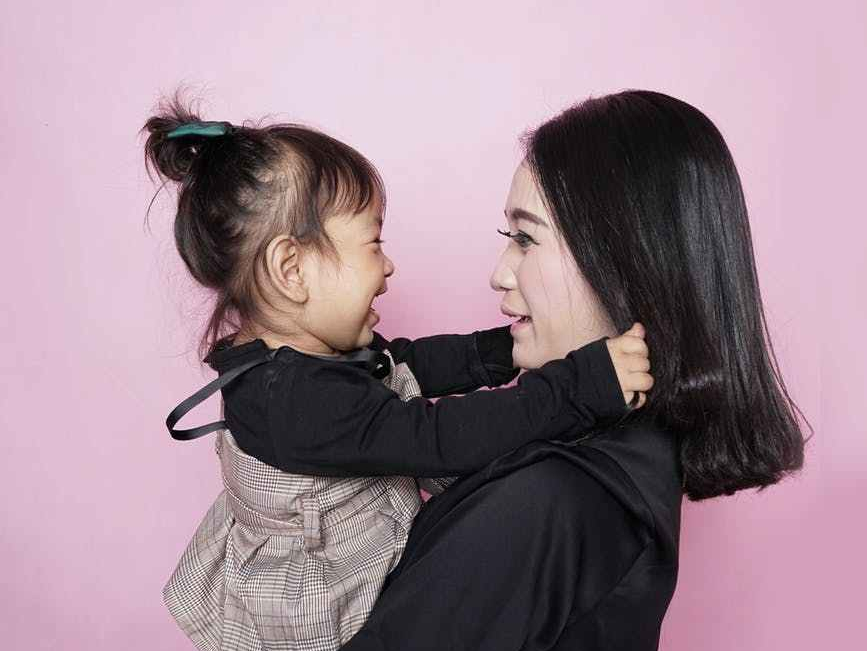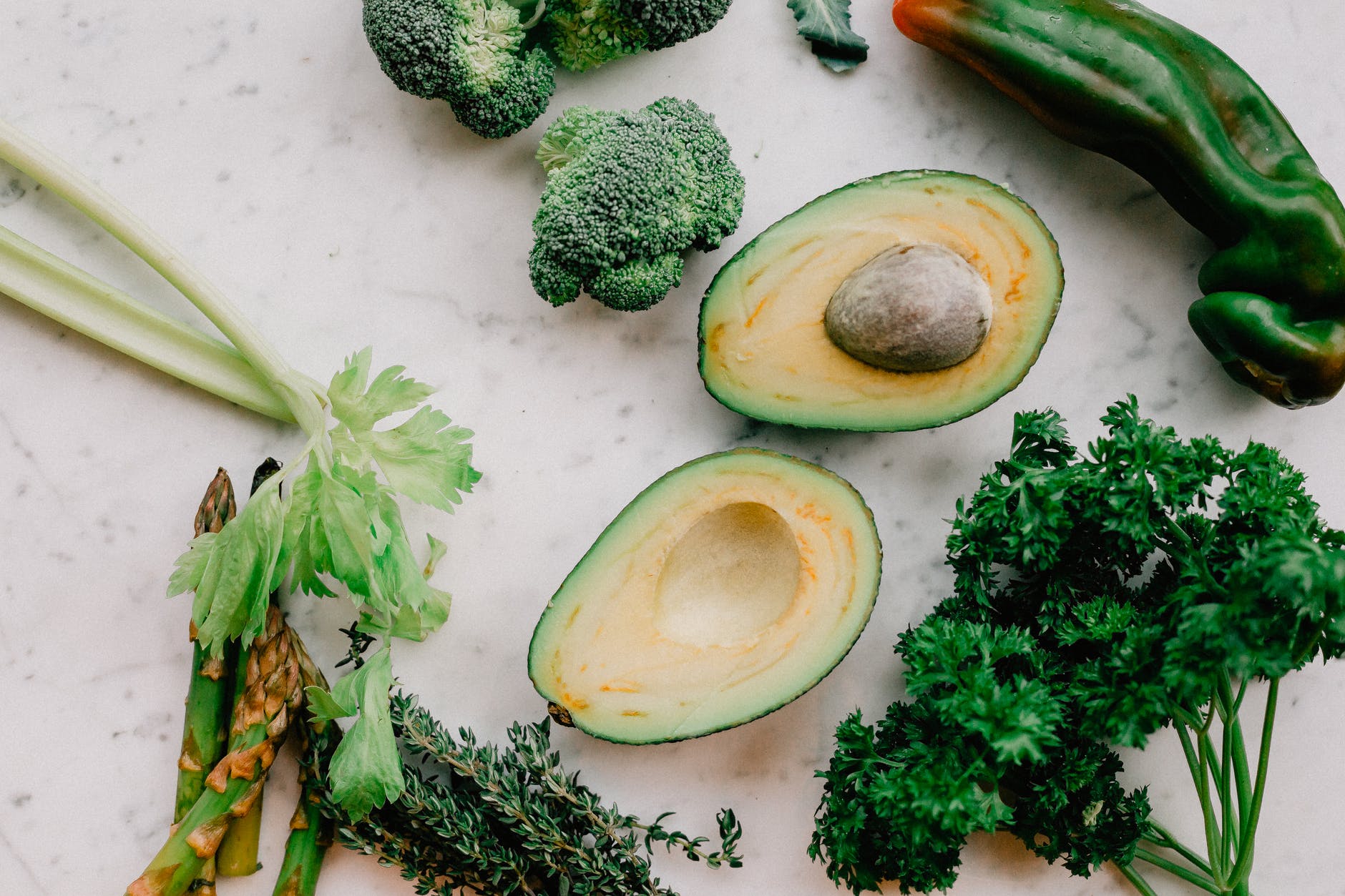The COVID-19 pandemic has certainly shown us is that everything is uncertain. And no one feels the confusion more than our children who suddenly find their carefree lives on pause due to the lockdown. Suddenly, they are no longer allowed to play with friends, eat at their favorite restaurant on weekends, go on vacations. They also have endless questions about the virus, some of which us parents have no answers to, either!
Here are some ways you can help your children cope:
Stick to a schedule

In times of uncertainty, the structure of a daily routine provides predictability. Even if it feels as if they are on vacation because they no longer go to school, children should still follow regular wake-up and bedtimes, mealtimes, study time, and even time for play.
Make exercise mandatory

Just because they need to stay indoors does not mean they should be sedentary. Physical activity not only boosts the immune system (important when we are in the midst of a pandemic) it has also been proven to reduce symptoms of depression and anxiety. Engage in rough play with younger kids, while older kids can do simple exercises like push-ups, sit-ups, and planking.
Explain social distancing in an age-appropriate manner.

While younger children are content to just stay at home, teenagers may bristle at the loss of their freedom of movement, especially when they read on the news that their age group is not at high risk for contracting the disease. Instead of imposing your will, explain to them that while they might not get sick from COVID-19, there is the chance that they will become carriers of the virus and inadvertently infect older, more susceptible members of the household.
Filter news about the pandemic.

While we do want our children to be informed, barraging them with facts and figures (especially with infected, death, and recovery statistics) might overwhelm or frighten them. Instead, focus on imparting news that will make them feel safe and reassured, i.e. that scientists and policy-makers all over the world are doing all they can to find a solution.
Relax the rules on screen time.

If you used to only allow your child to play with their gadgets a few hours a day, consider allowing them an extra hour or so to video-chat with friends and extended family. This helps foster connections in the midst of social distancing.
Lastly, remember that children take their emotional and behavioral cues from their parents. If they see you being stressed and anxious, they will most likely feel the same. So be a good role model and take care of your own mental health too.
—
Written by Jac of MindNation

















